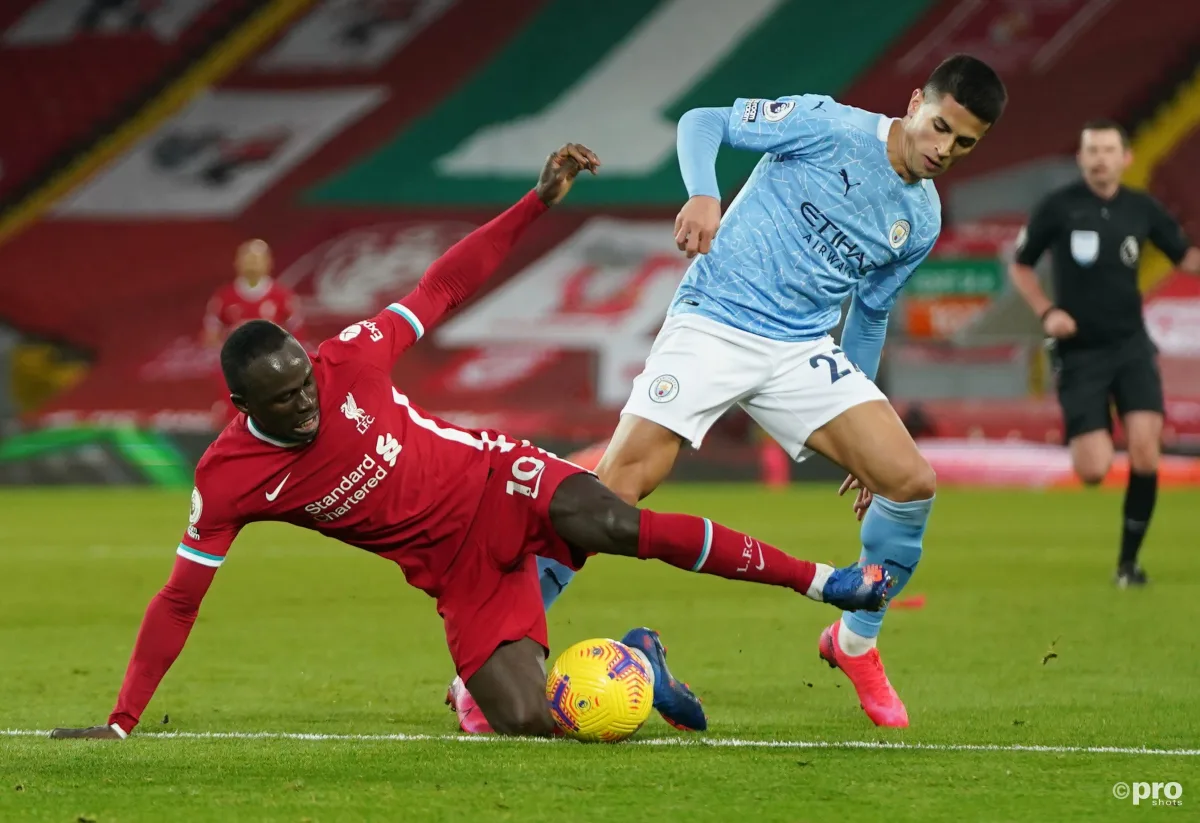- 15 hours ago
What does the European Super League mean for the Premier League?

European Super League talk has shone a rather harsh light on the world’s biggest clubs, particularly on those from the Premier League.
Of the 12 already confirmed Founding Clubs, six come from the Premier League – Manchester City, Manchester United, Liverpool, Chelsea, Arsenal and Tottenham – twice as many representatives as there are from any other single domestic league.
The Premier League arguably kick-started this some 30 years ago, when it was first formed in 1992, becoming independent of the rest of the English football pyramid and seeking further financial control.
Since then it has signed record broadcast deals all around the world and become the most lucrative league in all of world football. But below is how it could all change with the Super League coming in.
Fair competition will go out the window with Super League
This has been an issue long before the words Super League were even first uttered. In nearly 30 seasons of the Premier League, only seven clubs have won the title – and three of those have only won it once.
Particularly in the last 10-15 years, the exponential growth of the Premier League as a product has allowed the rich to get richer. Chelsea and Manchester City have had a stranglehold on the division, winning seven of the 11 titles since 2010.

With a rumoured £400 million up-front payout for participating clubs, cashed-up clubs will become only more powerful in the climate of the game.
They will totally dominate the transfer market, building mega squads to compete in a season that could reach 70 games if clubs go all the way in every competition.
Squad rotation will just become interchanging world-class players and the Premier League will continue to see the same winners without any competition.
Could the ‘Big Six’ be banned from the Premier League?
The Premier League released a statement on Sunday condemning the Super League plans, saying it would “destroy” the dream of clubs to strive to play against the world’s best.
CEO Richard Masters suggested clubs would not be given permission to break their contractual agreement surrounding entering new competitions and that the governing body would “do everything we can” to protect the integrity of the game.
READ MORE: Premier League slams ‘damaging’ European Super League plans
UEFA went one step further and threatened to ban clubs from domestic leagues and stop players playing for their countries.
If those six clubs are banned, there is no question that the Premier League would suffer an unprecedented financial loss.
Looking at this season’s Premier League table, the removal of the big six would see newly promoted Leeds United in the top four and Crystal Palace currently occupying a Europa League place.
The biggest and most popular football league in the world would, essentially, cease to exist as it ever has.
Super League will evaporate the wealth of the league
Without the Big Six as their marketing product and major draw card, the Premier League will lose a lot of money, very quickly.
Losing their most prized assets will likely turn away plenty of fans, broadcasters and sponsors that would all contribute to a huge financial loss.

Clubs will have less money to spend, many will be forced to sell to major clubs. Quality could be lost very quickly.
For some time, the Premier League has been the most popular football division in the world and has always strived to be the most competitive league with the best players, the best managers and the best fans.
While the best players and managers might remain, the league will become drastically less competitive as a result of the European Super League and will alienate the most important element of them all – the fans.



















